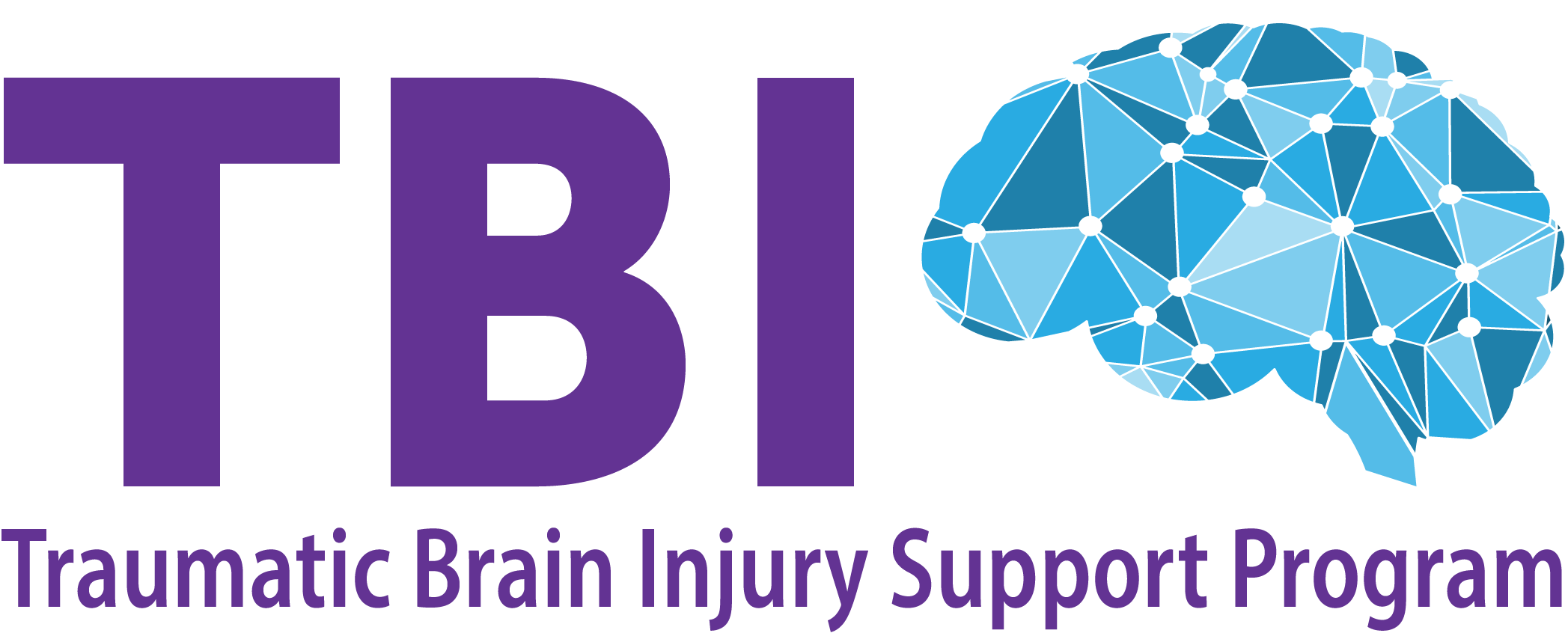About
A program of soar fox cities
Traumatic Brain Injury Support
This TBI Support Program is serving community members living with a Traumatic Brain Injury (TBI), as well as those supporting a TBI survivor. The TBI Support Program aims to provide individuals affected by a brain injury the tools and resources they need to thrive, while supporting them each step of the way.
The Centers for Disease Control and Prevention defines a traumatic brain injury (TBI) as a disruption in the normal function of the brain that can be caused by a bump, blow, or jolt to the head, or penetrating head injury. Everyone is at risk for a TBI, especially children and older adults. TBIs can happen to anyone at any time, without exception. It is important to note, however, that not all bumps to the head or neck will result in a TBI.
A recent CDC report, Deaths from Fall-related Traumatic Brain Injury — United States, 2008–2017, found that in most states the rate of fall-related TBI deaths has increased significantly and the country as a whole saw a 17% increase in fall-related TBI deaths from 2008 to 2017.
Our purpose is to support, navigate, inform, and care for our community members living with a traumatic brain injury.
Leading Causes of TBI
There are many ways to sustain a TBI, but the leading causes in 2014 were:
%
Unintentional Falls
%
Head Struck by or Against an Object
%
Motor Vehicle Accidents
%
Assault
Source: Center for Disease Control and Prevention (2019). Surveillance Report of Traumatic Brain Injury-related Emergency Department Visits, Hospitalizations, and Deaths – United States, 2014. Centers for Disease Control and Prevention, U.S. Department of Health and Human Services.
Symptoms of a TBI
The symptoms that can follow a TBI are vast, but also are incredibly specific to each individual. Many factors affect the outcome and recovery, such as: the age at which the TBI was sustained, any pre-existing conditions, if this injury is the first head/neck injury, the network of support surrounding the individual, and so much more.
Listed below are a few of the most common symptoms experienced by survivors. This list is not intended to diagnose, simply to inform. If you suspect that you or a loved one may have sustained a TBI, please contact your healthcare provider.
- Severe or persistent headache
- Dizziness
- Fatigue
- Difficulty concentrating
- Difficulty remembering new information
- Feeling anxious or nervous for no apparent reason
- Irritability or unexplained mood swings
- Sensitivity to external stimuli
- Trouble sleeping
- Poor impulse control
Some symptoms may appear right away, while others may not be noticed for weeks or months following the injury. Generally speaking, older adults, children and teens may have a more difficult time recovering from a TBI.
TBI Program Staff

Julie Biesterveld
Traumatic Brain Injury Support Program Coordinator
[email protected]
(920) 731-9831 x113


